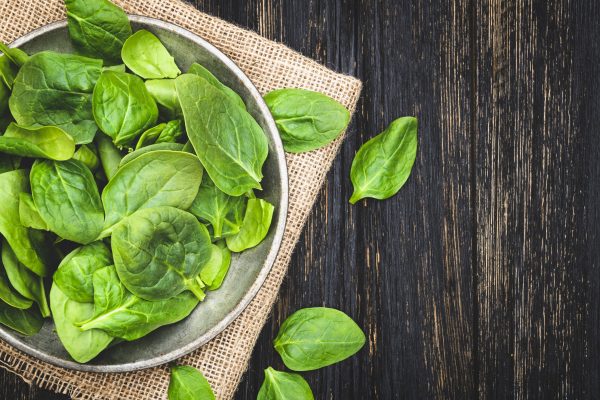

Haemophilia, whether it’s type A, B or C, puts great strain on muscles and joints. Making informed choices regarding diet can have a large impact on quality of life.
Because haemophiliacs run the risk of life-threatening bleeding, they are often discouraged from outdoor activities or sports from a young age. As a result, there is a real obesity crisis among haemophilia patients. It is estimated that children and teenagers with haemophilia are almost twice as likely to be overweight. However, putting on weight also puts extra strains on joints, and this in turn can lead to bleeds.
The main nutrients involved in red blood cell production are iron, protein, copper, vitamin C, vitamin B12, vitamin B6 and folic acid.
1: Iron-rich food
Maintaining iron levels is particularly important for people with hemophilia, as an estimated 0,75 micrograms of iron is lost with each 15 ml of blood. Iron-rich foods include liver, lean red meat, poultry, leafy green vegetables such as spinach, broccoli, dried beans, grains, and raisins. Combining iron-rich foods with good sources of vitamin C can enhance iron absorption by the body.
2: Whole grains
Increasing your whole grain intake – making half of your grain consumption come from oats, barley, whole wheat, bran, brown rice, or pasta is a good way to satiate your appetite, lower your cholesterol, and stabilize blood glucose levels.
3: Low-fat or no fat
Switching to low-fat dairy products – skimmed milk or low-fat cheeses- are good sources of vitamins and minerals as well as calcium, without the unnecessary fats. Also: reduce your fat intake by choosing baking, boiling, or grilling instead of frying. And use vegetal oils over butter or animal fats.
4: Avoid hidden sugars and fatteners
Many people don’t realize how much sugar is contained in soft drinks, but also ‘healthy’ fruit juices can be full of calories and sugar. Especially notorious are smoothies and yoghurt-shakes. Also risky are salad dressings and condiments: have them on the side if possible. And choose mustard instead of mayonnaise or ketchup: mustard mostly consists of vinegar.
5: Be careful with supplements
If you are considering dietary supplements, discuss your choices with your doctor before taking any supplements, as some might increase bleeding tendency or clotting times in the same way as aspirin or non-steroidal anti-inflammatories do. Some supplements — such as vitamin E, fish oil, gingko biloba, bromelain, flax seed, garlic, or ginger — may need to be avoided altogether.